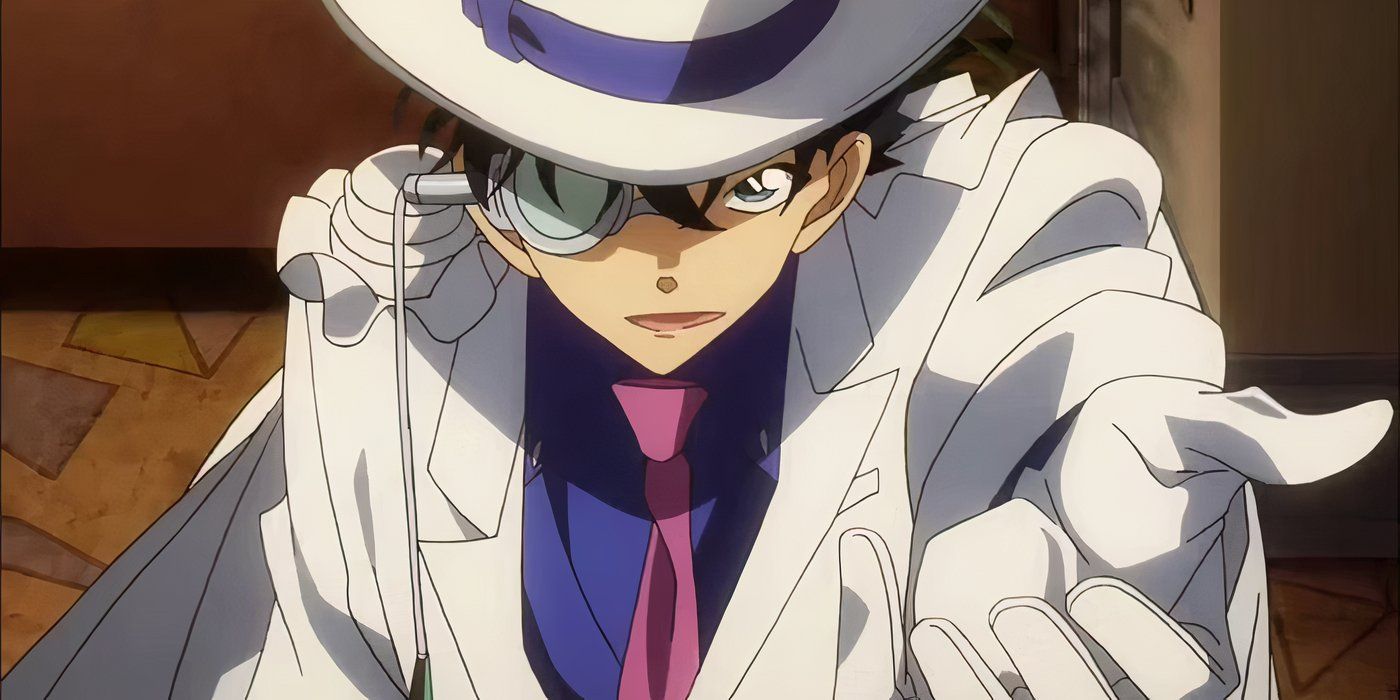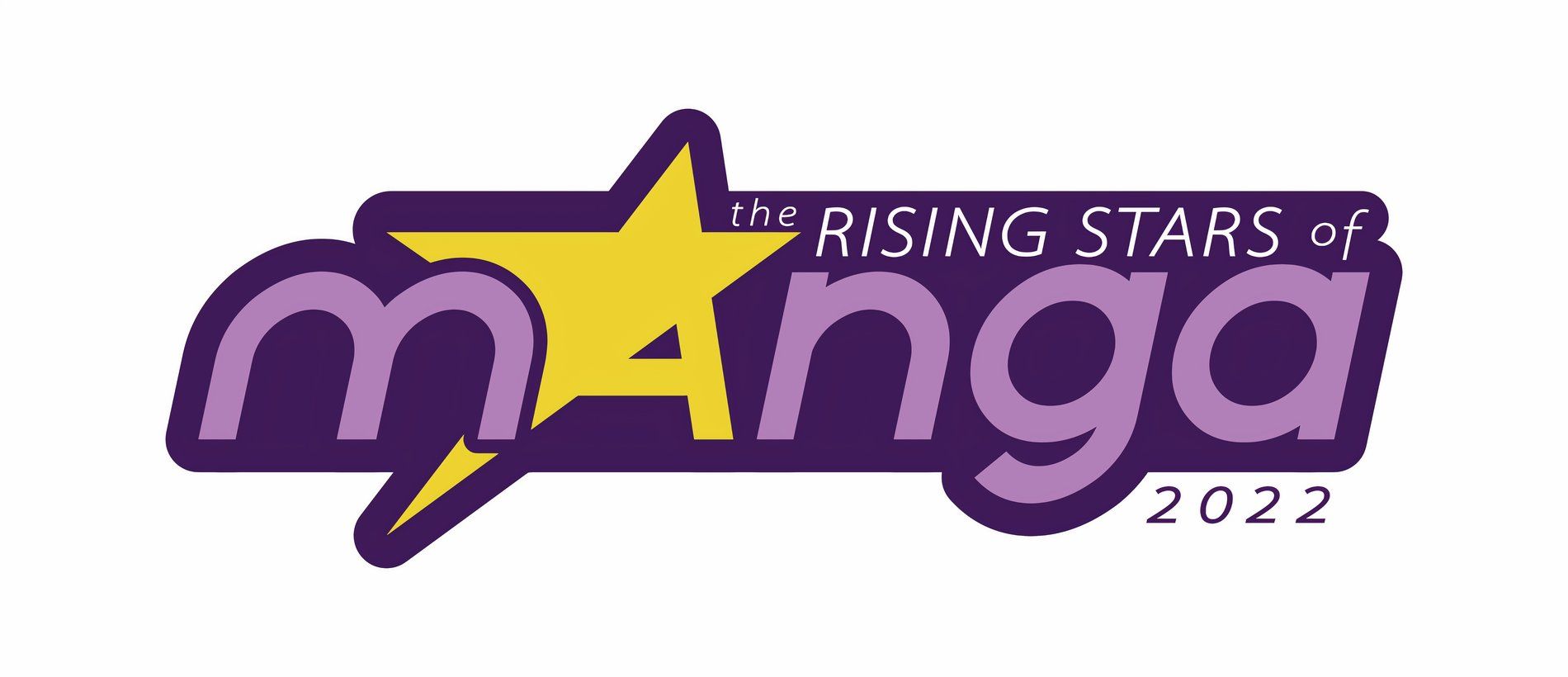
Highlights
- The
Rising Stars of Manga
contest, while successful, led to creators signing away the rights to their creations. - Winners felt abandoned post-contest, with little opportunity for further development from Tokyopop.
- Tokyopop went bankrupt, leading to the creators’ difficulty in regaining ownership of their works.
As a passionate artist myself who has dabbled in contests and competitions throughout my career, I can empathize with the creators who found themselves in a predicament similar to the one faced by those involved in the Rising Stars of Manga contest. The allure of having your work published and recognized is undeniable, but the potential consequences that come with it are often overlooked.
Breaking into the comic book industry is notoriously tough due to high demand and an abundance of talented individuals vying for opportunities. Once inside, creators often face lengthy working hours, conflicts with editors, and work on projects that aren’t their own. If you have a unique idea, good luck making it public without giving up your rights. While this scenario may be common in American comic books, when a manga publishing company aimed to launch an American-made manga line, they hosted a contest to discover new talent. Unfortunately, many participants found themselves jobless and their creations appropriated by the company. The question is: what actually transpired?
Who is Tokyopop?

Tokyopop, established by Stu Levy in 1997, is recognized as a trailblazing American publisher instrumental in introducing manga to Western audiences, particularly those in the U.S. As one of the first companies to make Japanese comics available on a large scale to English speakers, Tokyopop was at the forefront of the localization and translation process. They were known for publishing manga in its original right-to-left format, which they referred to as “unflipped,” offering Western readers an authentic reading experience that played a significant role in their success.
Tokyopop catered to a vast array of readers by providing a comprehensive collection encompassing multiple genres. These ranged from shonen, aimed at young males, and shojo, geared towards young females, to seinen for adult male audiences, and josei for adult females. By doing so, they significantly increased the popularity of manga among wider demographics rather than just niche groups. In addition to manga, Tokyopop ventured into other realms such as anime (with varying success), merchandise, and live-action adaptations. Notably, their most significant endeavor aligned with their central manga product.
Their Next Big Thing
Tokyopop opted to dedicate substantial resources towards producing their own English-language manga (OEL manga), which would be characterized by American creators telling American narratives while incorporating the distinctive visual style of Japanese comics. However, this venture wouldn’t come cheap. It required discovering talent, writing compelling stories, and developing marketable intellectual properties to make it financially viable. After a brainstorming session, Tokyopop determined that the most effective way to introduce this new product line would be by reviving an age-old practice: hosting a nationwide contest.
What Was the Rising Stars of Manga Contest?

In the year 2002, Tokyopop introduced the “Rising Stars of Manga” competition. This initiative aimed at unearthing and fostering new talent within the English manga sector. The contest catered primarily to novice creators, providing them an avenue to exhibit their unique narratives spanning diverse genres such as action, adventure, romance, and fantasy. Successful participants stood a chance to have their work published in a distinctive anthology, thereby gaining substantial visibility and potentially opening the door to a professional pathway. If a title proved particularly successful, Tokyopop might transform it into a series.
The competition showcased various categories like ‘Best Story’, ‘Best Artwork’, and ‘Readers’ Choice’. It offered cash prizes and other benefits to winners, and ran for several years, propelling the careers of numerous talented artists and writers such as Felipe Smith and Amy Reeder within the comics and graphic novel realm. However, the event had its flaws, some of which surfaced during the contests themselves, while others emerged post-competition.
Some of the Shortcomings of the Contest
The popular Manga contest, Rising Stars of Manga, played a significant role in promoting emerging manga talent. However, it wasn’t without its share of disputes. A significant issue centered around the contracts provided to winners. Many competitors and manga industry experts criticized these agreements as being disadvantageous towards creators. The contracts granted Tokyopop extensive control over the submitted works, including the possibility for prolonged ownership without providing substantial remuneration to the creators. This raised worries about the exploitation of amateur artists who were keen to enter the industry but might not have been fully aware of the contractual implications.
Another point of contention was the level of editorial control Tokyopop exerted over the winning entries. Some creators reported that their stories were significantly altered or that they were pressured to make changes that compromised their artistic vision. There were also criticisms regarding the representation of certain themes and types of stories that were selected for the winners. Some creators and fans felt that certain genres, particularly those with darker or more mature themes, were underrepresented among the winners. All of these concerns were of little concern compared to what would happen to the creators’ creations after submitting them to Tokyopop for the contest.
What Happened to Creators’ Work AFTER the Contest?!

Although it was thrilling to participate in a competition where your work might be published, if you had actually won, you discovered that you had essentially surrendered the rights to your lifelong creation. Your cherished project was no longer under your ownership but belonged to Tokyopop. This realization sparked genuine discussions about the support given to winners post-contest. As experienced comic creator Lea Hernandez noted, artists and creators who agreed to Tokpop’s terms would:
Agree to give up any ‘moral rights’ they might have.
Bryan Lee O’Malley, the mind behind Scott Pilgrim, noted an interesting aspect about the artist community. He explained on his blog that artists weren’t privy to the details of what they were being compensated for until Tokyopop presented them with a contract.
I’ll walk you through this contract, as many budding cartoonists likely follow my blog, and I feel it’s important to contribute to your success. However, be warned: if you agree to this contract, it may well mean saying farewell to YOUR FUTURE. Here’s the gist from my blog: sign at your peril.
Instead of guessing where they’re lying, I’ll simply allow them to speak their mind. It’s already troublesome enough as it is.
Eventually, some artists found themselves struggling after their initial triumph with Tokyopop, as they received minimal support or prospects for further growth following their series’ publication. Many of the winners never received any subsequent projects from the company, and even fewer creators could boast about having a long-term contract. What’s disheartening is that the contest required artists to sign a “work-for-hire” agreement, which meant they essentially handed over ownership of their creations to Tokyopop, despite being the ones who brought those worlds into existence.
The collapse of Tokyopop caused significant issues, as it essentially disbanded after facing financial difficulties due to multiple factors. However, the company was later revived by Stu Levy, its founder, around two decades later. This resurrection left many creators questioning the fate of their works. It was discovered that Stu Levy retained ownership of all submissions made to Tokyopop. Although he publicly stated he would return the works upon request, it appears this is not the case in reality. Many creators found it challenging to contact Stu, and those who did often received a response asking them to repurchase their own creations, which were typically of little value, but for which he demanded a high price.
As a struggling artist who has been in the industry for over a decade, I have seen firsthand the challenges and heartaches that come with trying to break into the world of manga creation. I remember vividly the excitement I felt when Tokyopop announced their Rising Stars of Manga contest, offering aspiring artists like myself a chance to make it big in the industry. I poured my heart and soul into my submission, hoping to finally get my name out there and start a successful career. To my surprise, I was one of the winners, and for a brief moment, I thought my dreams had come true.
Read More
- LUNC PREDICTION. LUNC cryptocurrency
- BTC PREDICTION. BTC cryptocurrency
- USD PHP PREDICTION
- USD ZAR PREDICTION
- BICO PREDICTION. BICO cryptocurrency
- SOL PREDICTION. SOL cryptocurrency
- VANRY PREDICTION. VANRY cryptocurrency
- USD CLP PREDICTION
- USD COP PREDICTION
- BSW PREDICTION. BSW cryptocurrency
2024-08-16 22:34